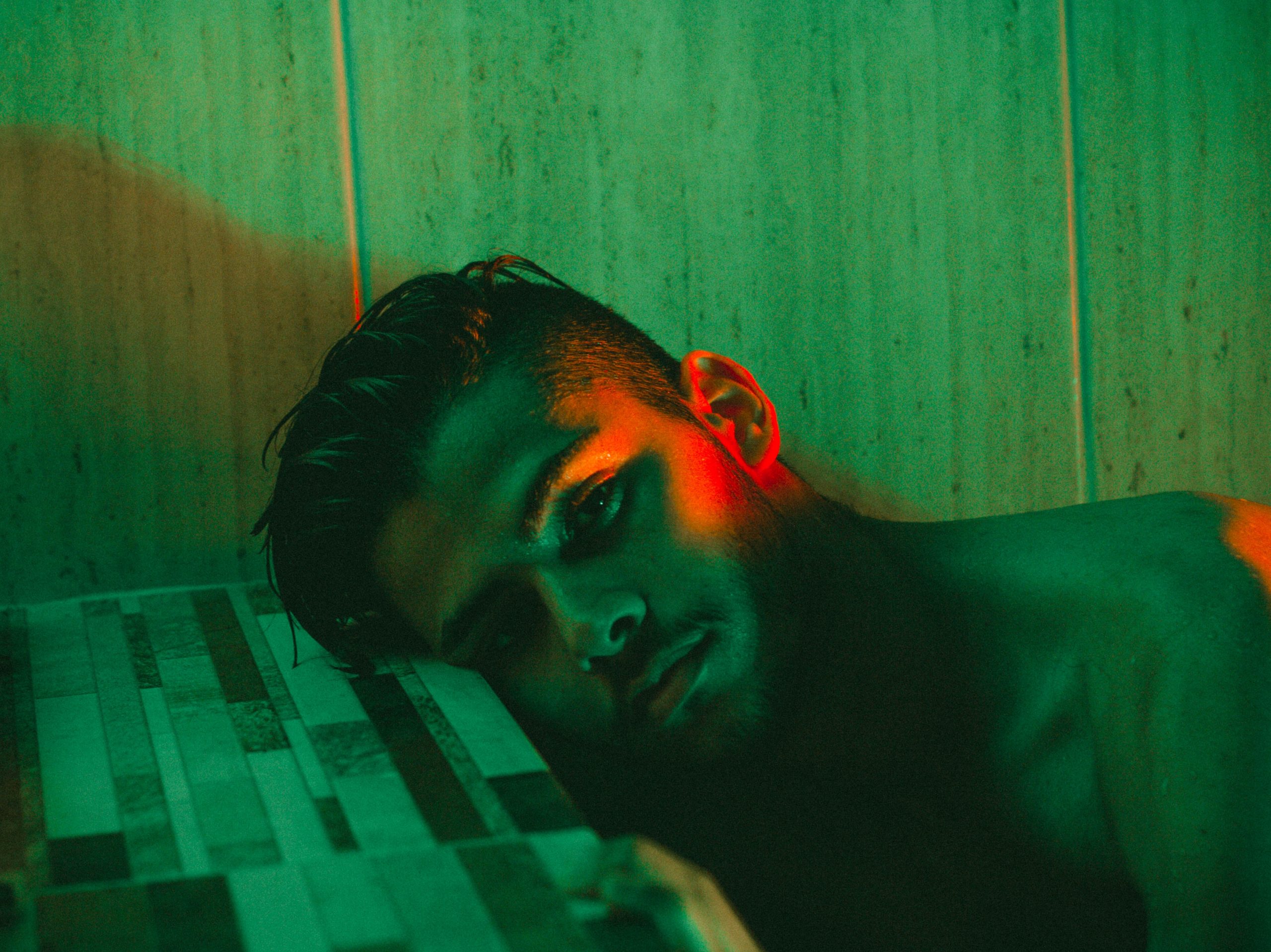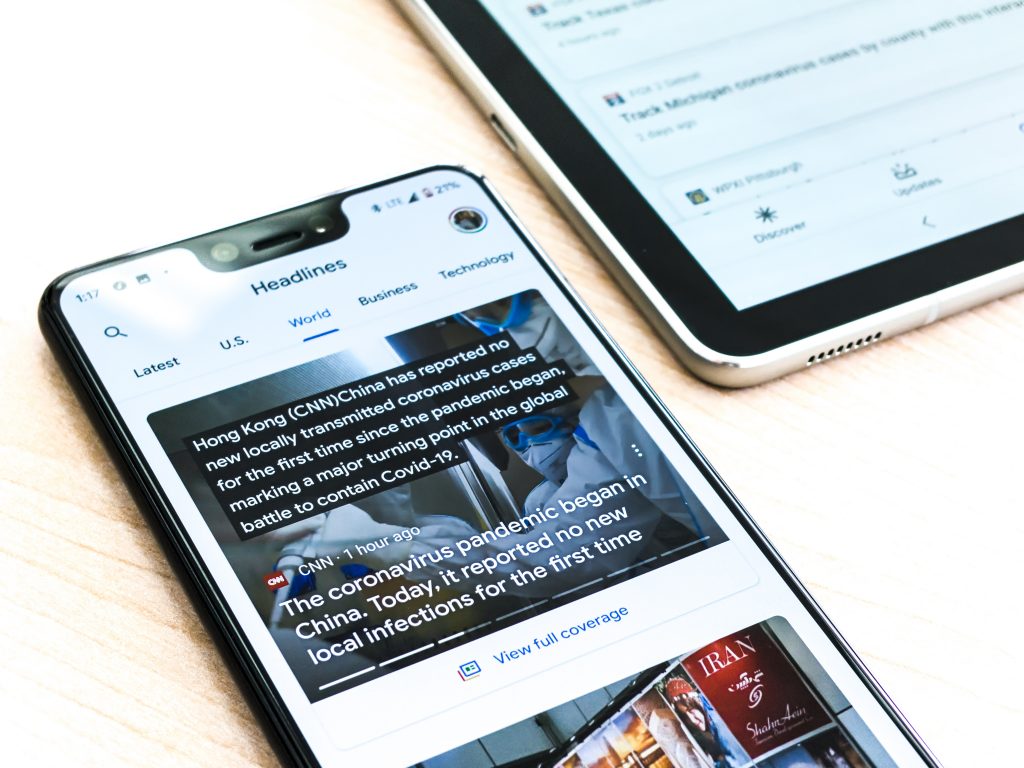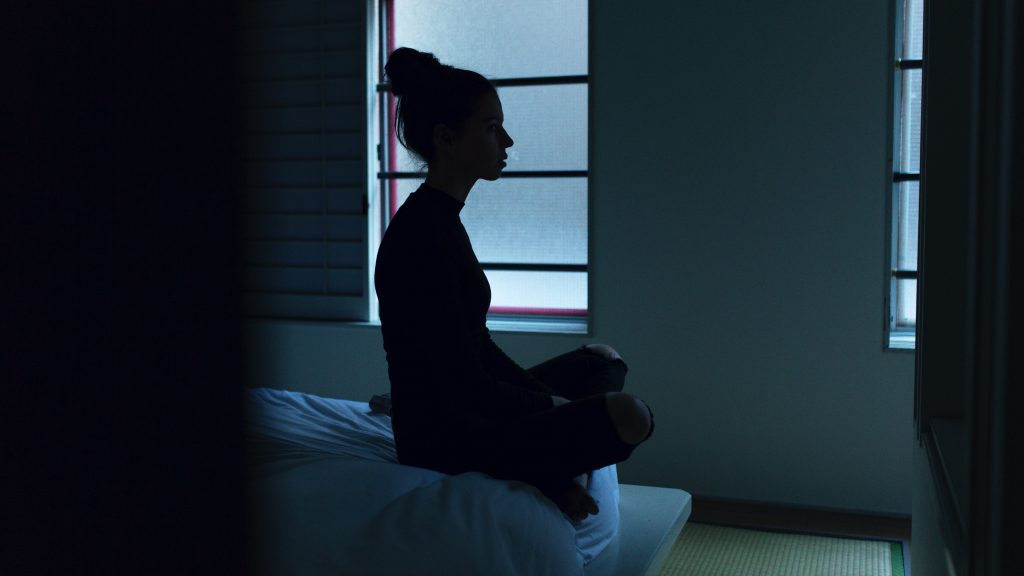
19 Jan Here’s How Social Media Is Making You Anxious
For many of us last year, social media was our comfort blanket. Isolated from friends and family, we resorted to spending time together virtually instead. Social media was an – albeit cheap and incomplete – replacement for the physical contact we were unable to have at that moment.
However, excess consumption of social media can also cause stress and anxiety. Constantly comparing ourselves and our own lives to what we see online causes us to feel inadequate and anxious as a result. FOMO contributes to this, and an over-emphasis of the importance of interactions on social media (such as chasing more ‘likes’), also causes anxiety.
In particular, seeing something alarming online can heighten stress. When we see distressing content on the news, our fight-or-flight response is activated. Similarly, our emotional states may shut down to give way to our senses as we struggle to process the overwhelming information or images in front of us.
Yet despite our heightened alertness and the adrenaline pumping around our body, we cannot react. How could we? Usually we are miles away from the events taking place.
Nevertheless, we are stuck in this state of anxiety and fearfulness. Our heart beat may have risen, or our chest may feel tighter all of a sudden. This exemplifies a 2013 American study into the health effects of exposure to harrowing media, which showed that even just viewing images of traumatic events can evoke anxiety and PTSD-like symptoms. As the University of Pennsylvania’s Center for the Treatment and Study of Anxiety’s Thea Gallagher explains, to be traumatised by an event, you don’t necessarily “have to be there”.
And what respite do we get from this? Very little. Doomscrolling made a name for itself in 2020 as the habit of continually scrolling through negative news online. The onslaught of bad news – topped with the knowledge that there is very little we can do about it – makes us both miserable and anxious.

Sleep quality, mental health and social media usage are a triad which depend heavily on one another, bidirectionally. It is well known that sleep deprivation and other unhealthy sleep patterns can worsen a person’s mental health. Many people suffering from poor mental health turn to social media, usually as a distraction. However, their social media usage could in turn exacerbate their mental health issues, or result in even unhealthier sleep patterns. Hence if boundaries are not set and we do not listen to our health needs, this triad could end up as a vicious, almost inescapable circle.

If you feel yourself slipping into this cycle, a digital detox may be necessary. This is where you take a step back from tech, especially social media, and give yourself time away from it. This enables us to reevaluate our relationship with our tech, and realise the effects it has had on us.
Social media is not intrinsically harmful. But, like most things, when not consumed in moderation it can be. If the idea of being away from social media makes you anxious, you may be addicted. Follow these tips here to learn how to curb your social media addiction, do a digital detox and let yourself relax.





Sorry, the comment form is closed at this time.